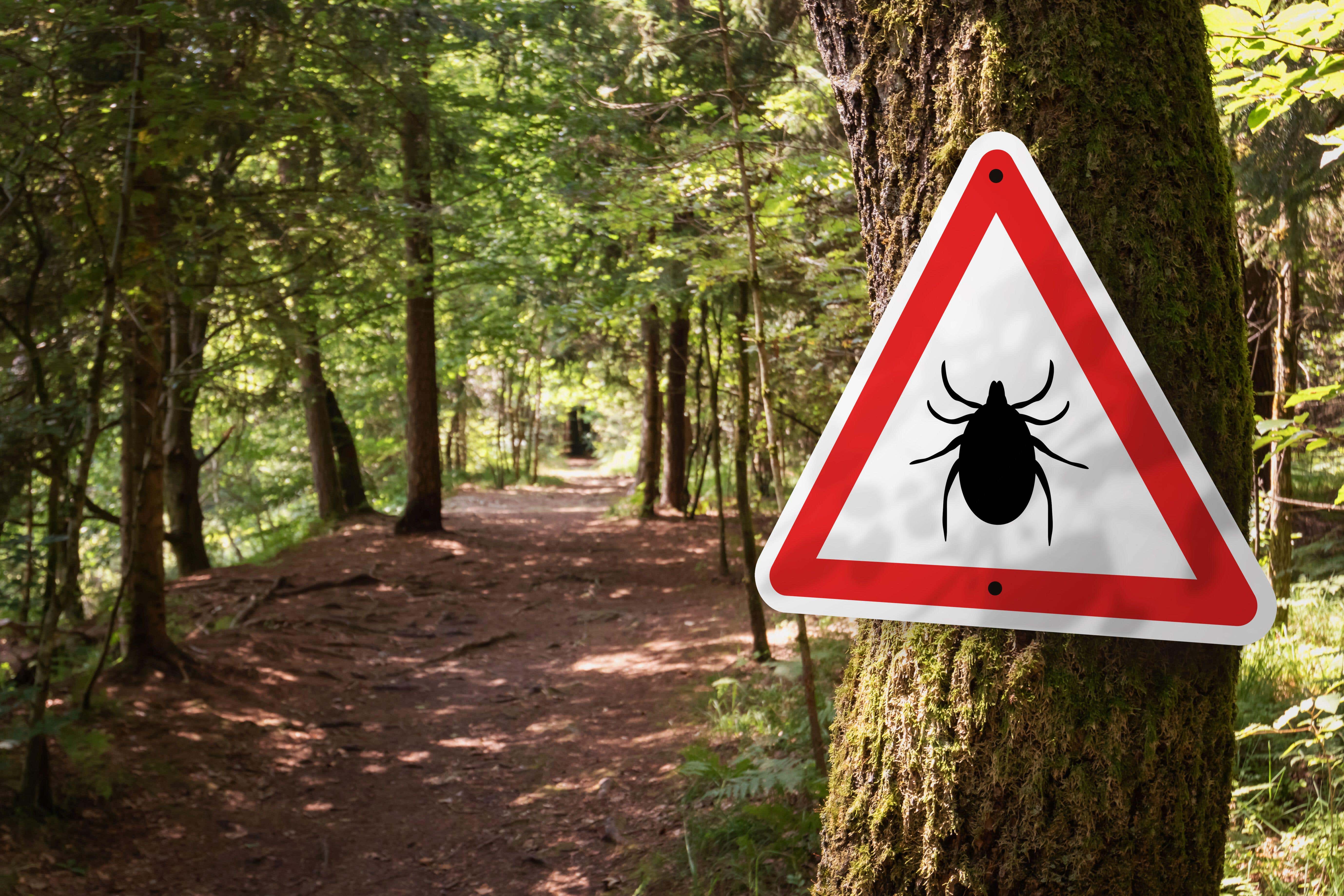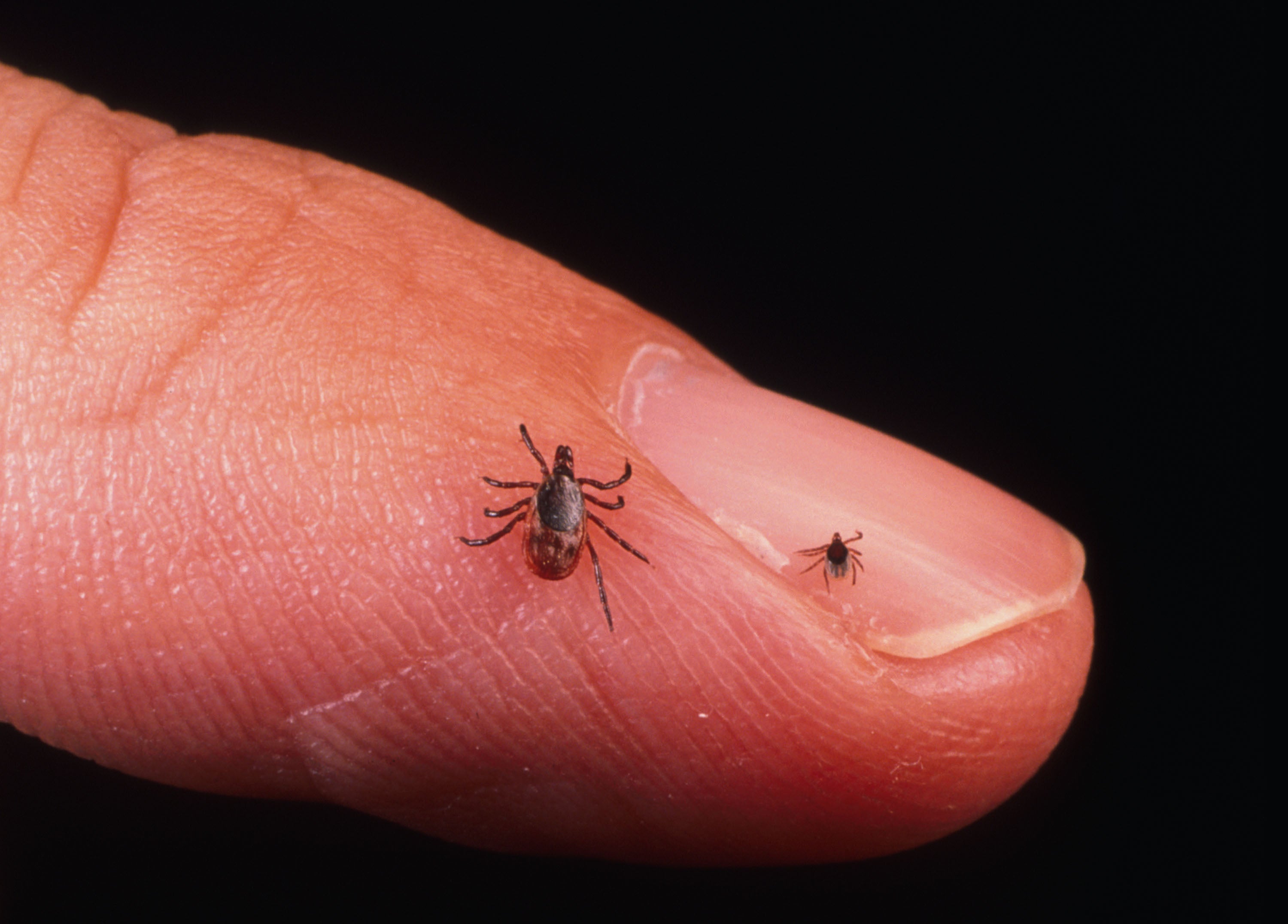Britons have been urged to take extra care against tick bites this summer, after figures revealed more than 1,500 confirmed cases of Lyme disease last year.
The UK Health Security Agency (UKHSA) said there were 1,581 laboratory-confirmed cases of Lyme disease in 2024, but warned the true number could be much higher.
Lyme disease is a bacterial infection transmitted by infected ticks, which are typically found in grassy and wooded areas, the UKHSA said.
According to the UKHSA, not every tick carries the bacteria, and not everyone bitten by an infected tick will become unwell.
A tick usually needs to be attached for many hours to pass on the infection. People are unlikely to become ill if they spot a tick crawling on them before it bites.
The most common early sign of Lyme disease is a spreading circular “bullseye” rash appearing between three and 30 days after a bite, the UKHSA said.

Other symptoms can include fever, headache, fatigue, nerve pain, numbness and, in some cases, facial drooping.
“It's really important that people continue to be tick aware this summer to protect themselves against Lyme disease,” Christina Petridou, Consultant Microbiologist at UKHSA, said.
Ms Petridou advised checking for ticks after time outdoors, as bites are often painless and ticks can be as small as a poppy seed.
The majority of confirmed cases last year were reported in the South West, South East and London, with numbers typically peaking in spring and summer when more people spend time in parks, woods and fields, according to the UKHSA.

To reduce the risk, the UKHSA recommends sticking to clearly marked paths, avoiding brushing against long grass, wearing clothing that covers the skin and using insect repellent containing DEET.
It advises people to check themselves, their clothes and pets for ticks after being outdoors.
The UKHSA says any attached tick should be removed quickly using a tick removal tool or fine-tipped tweezers, rather than regular tweezers, which can squash the tick.
Lyme disease can usually be treated successfully with antibiotics if caught early, it added.







